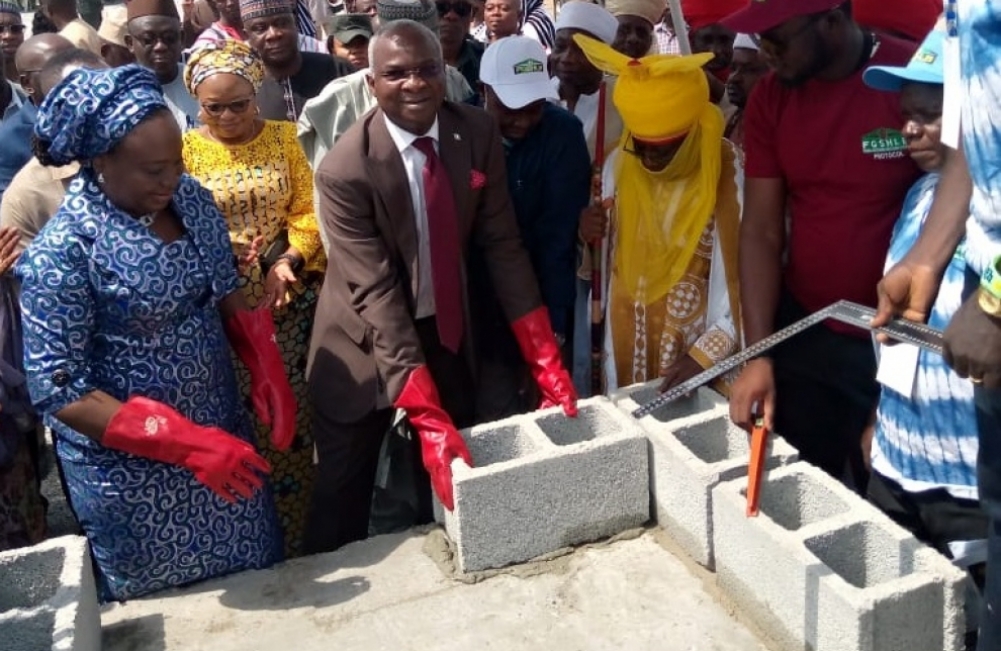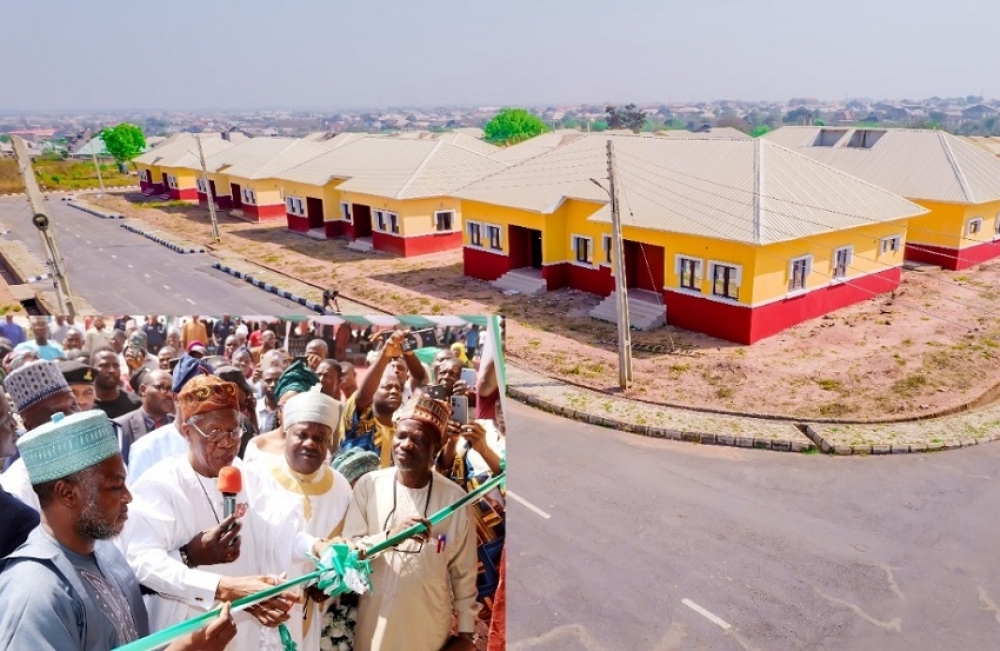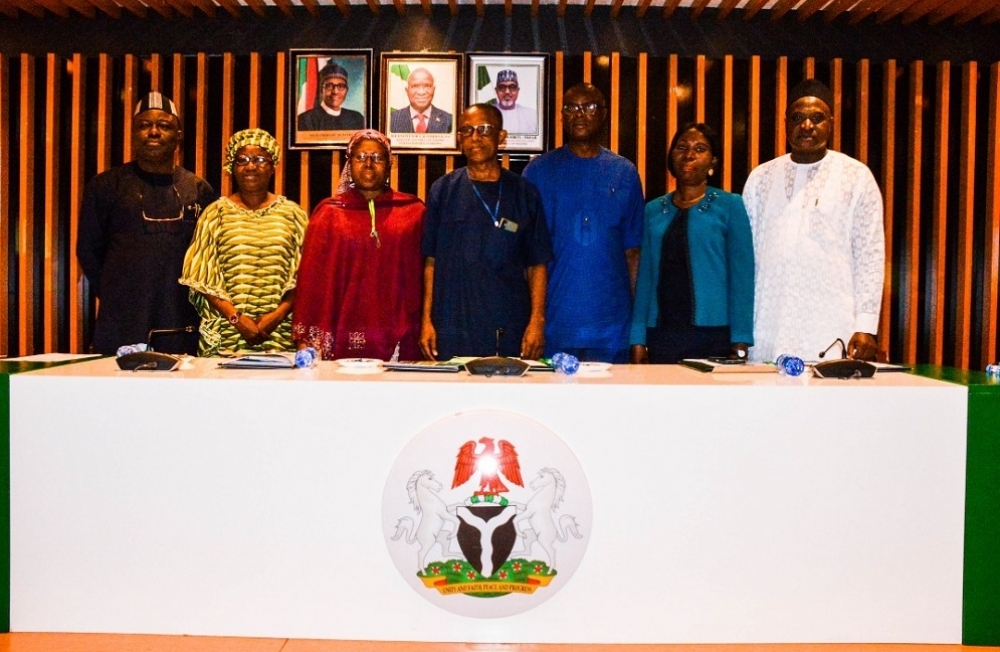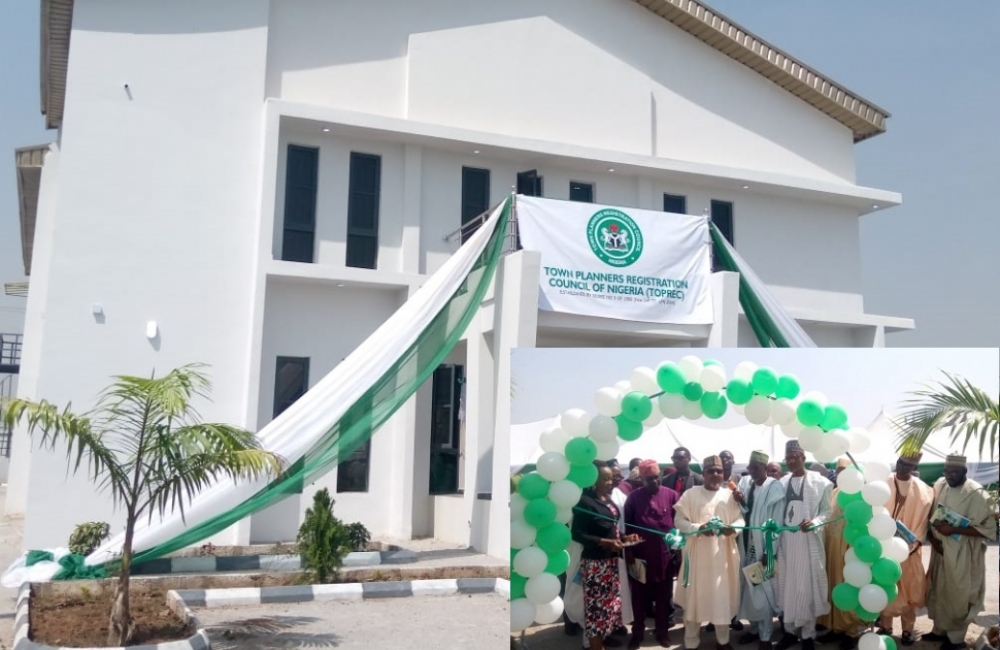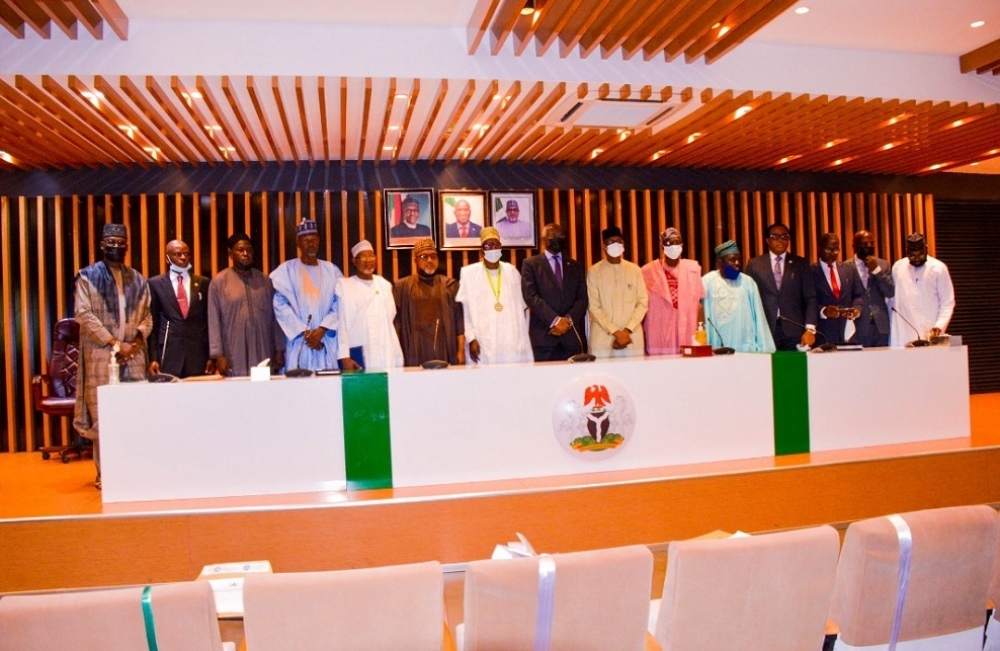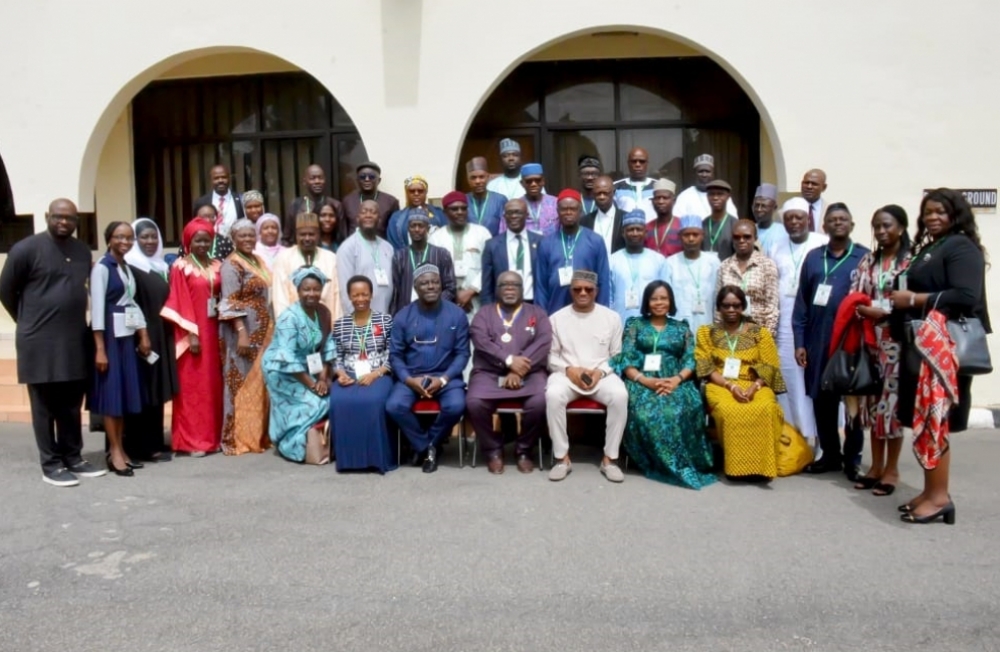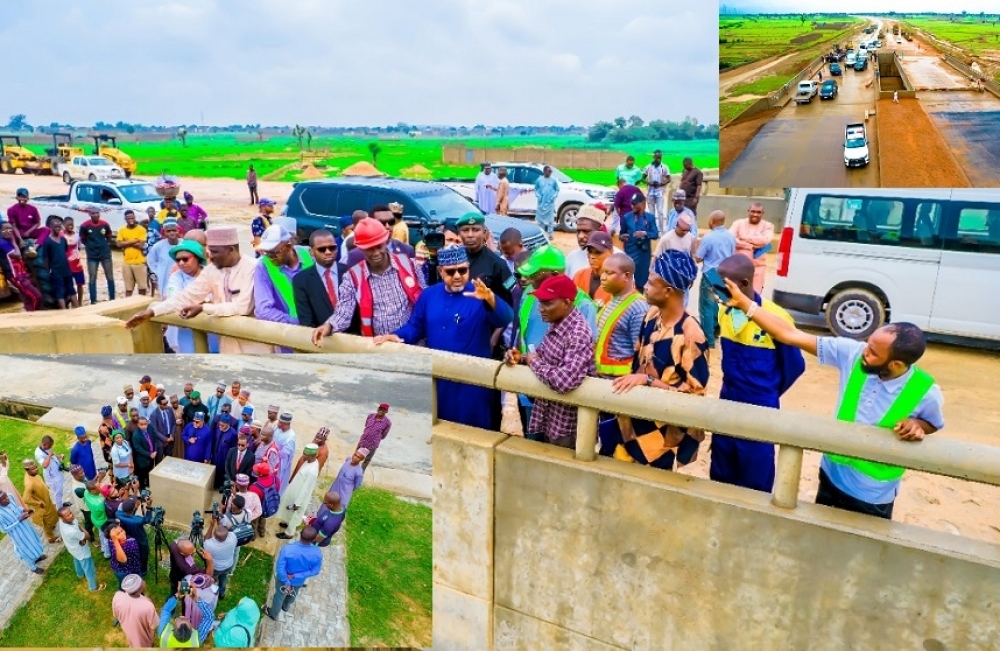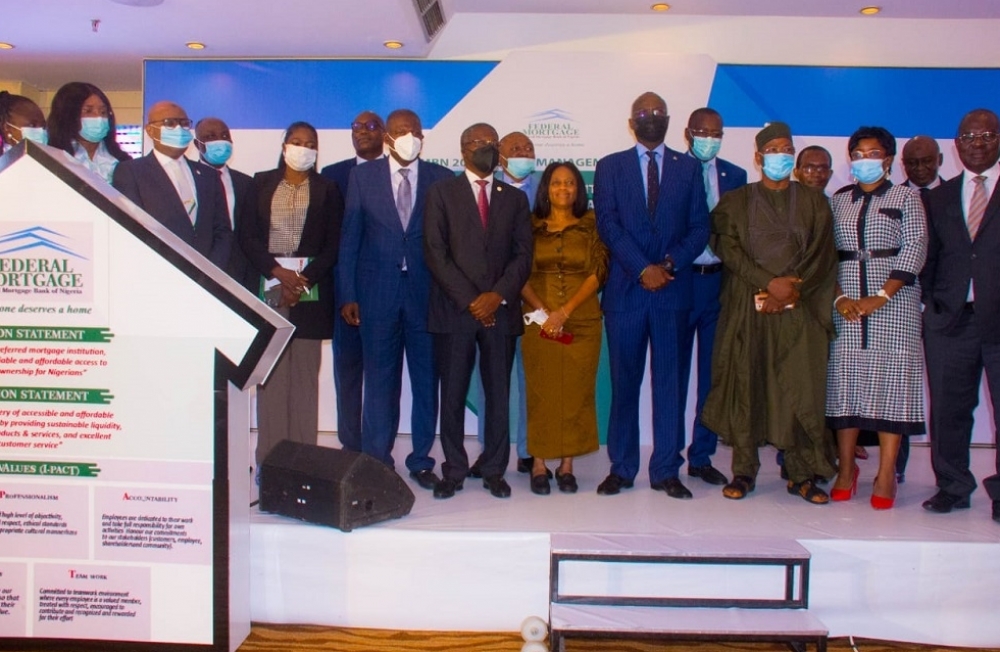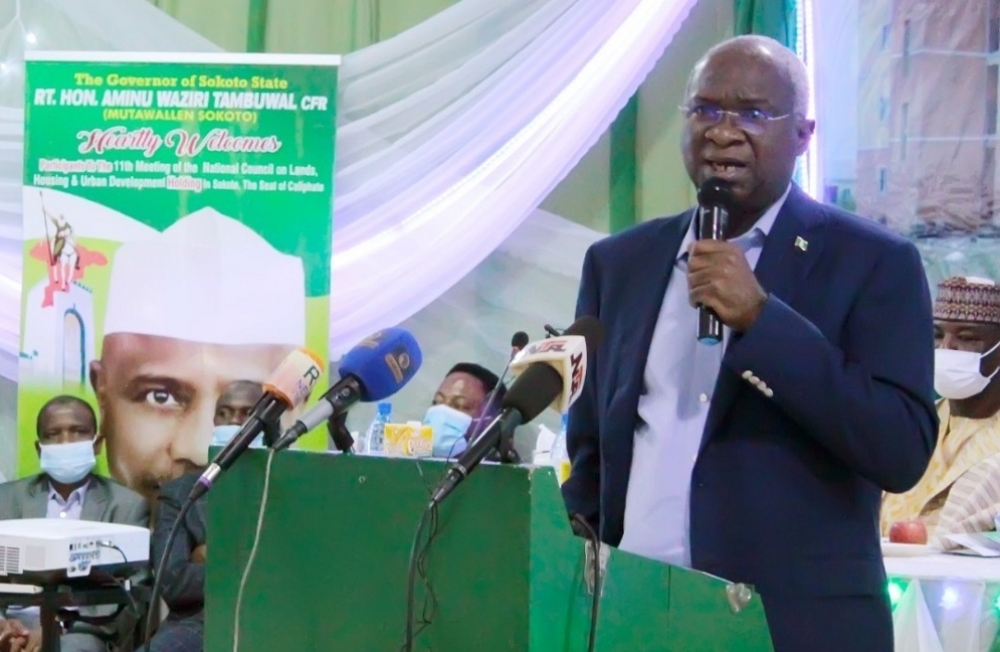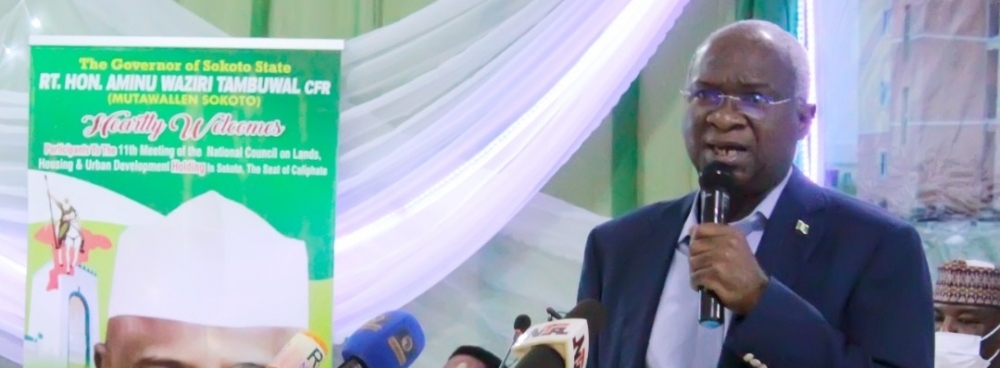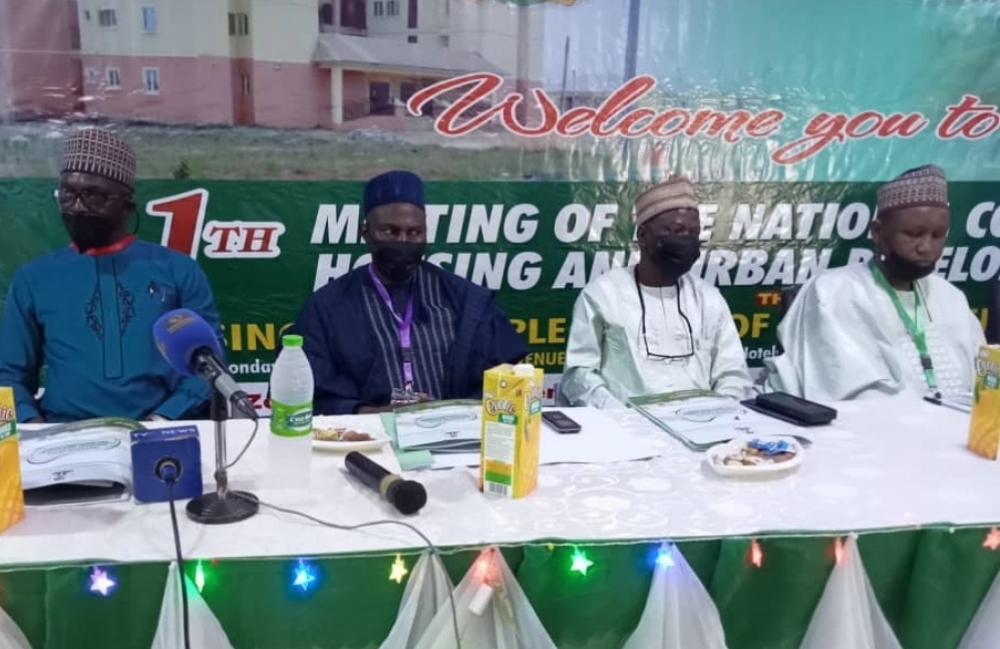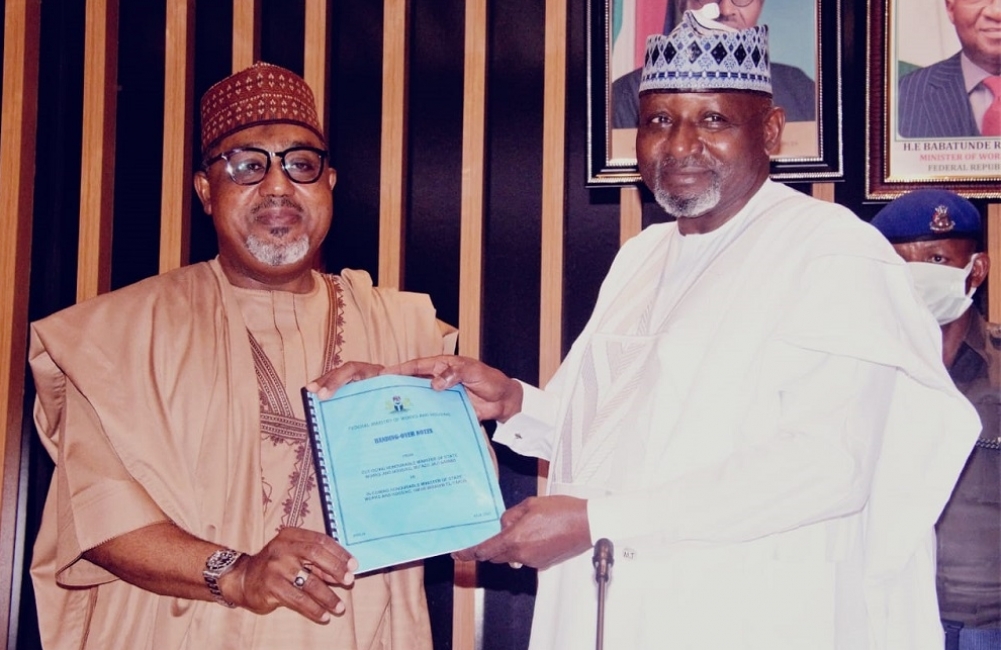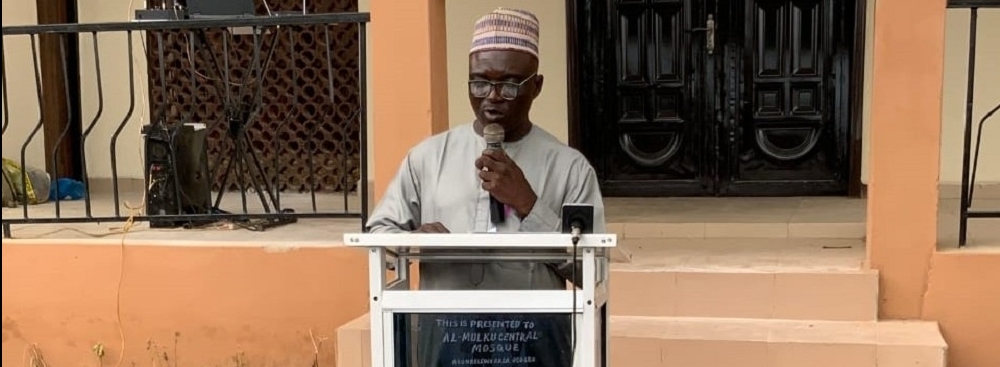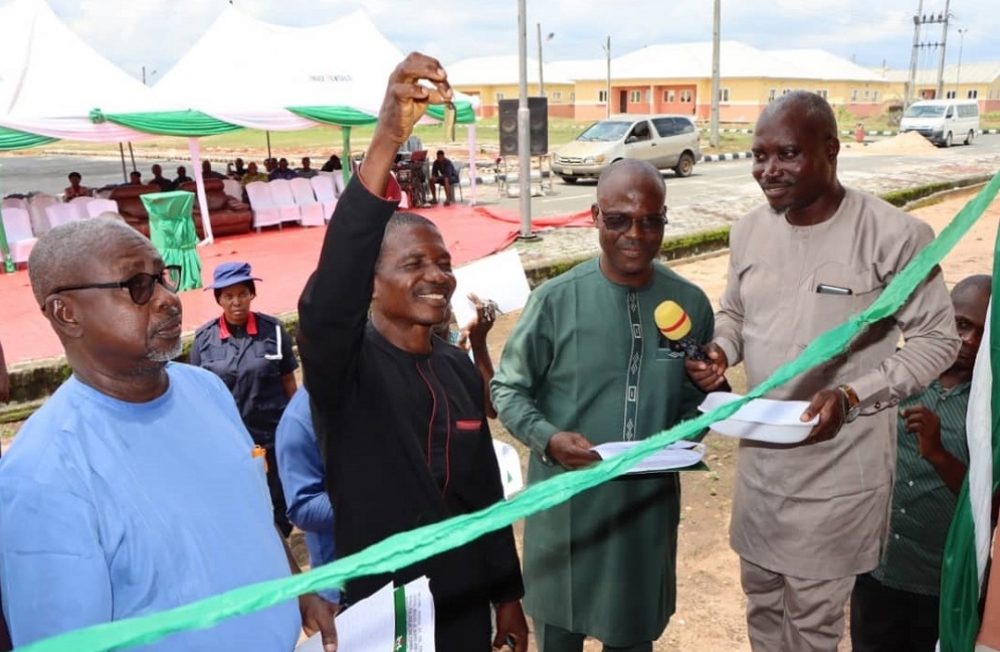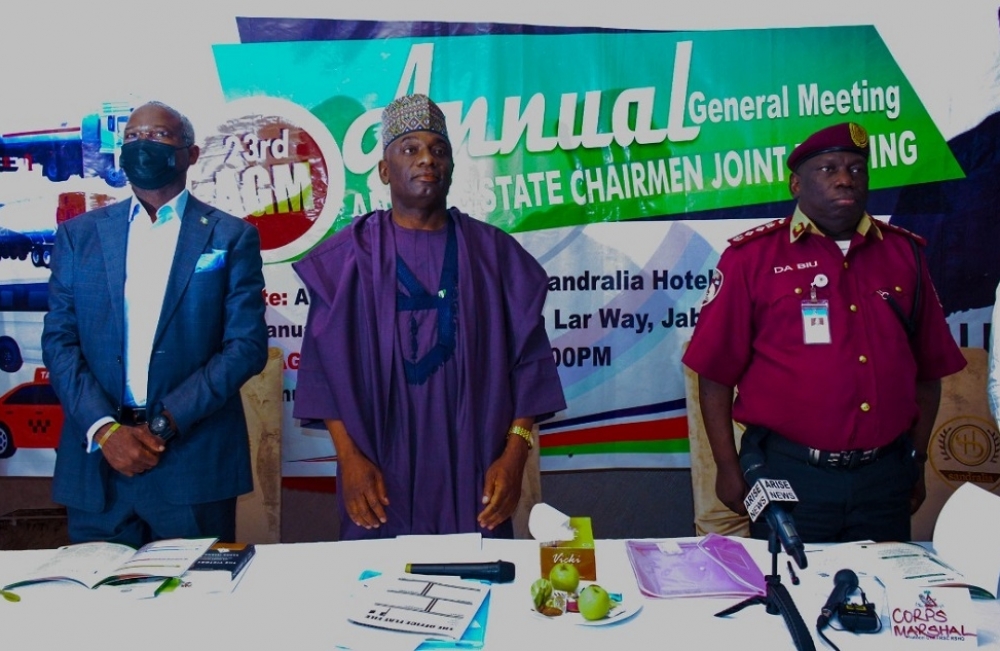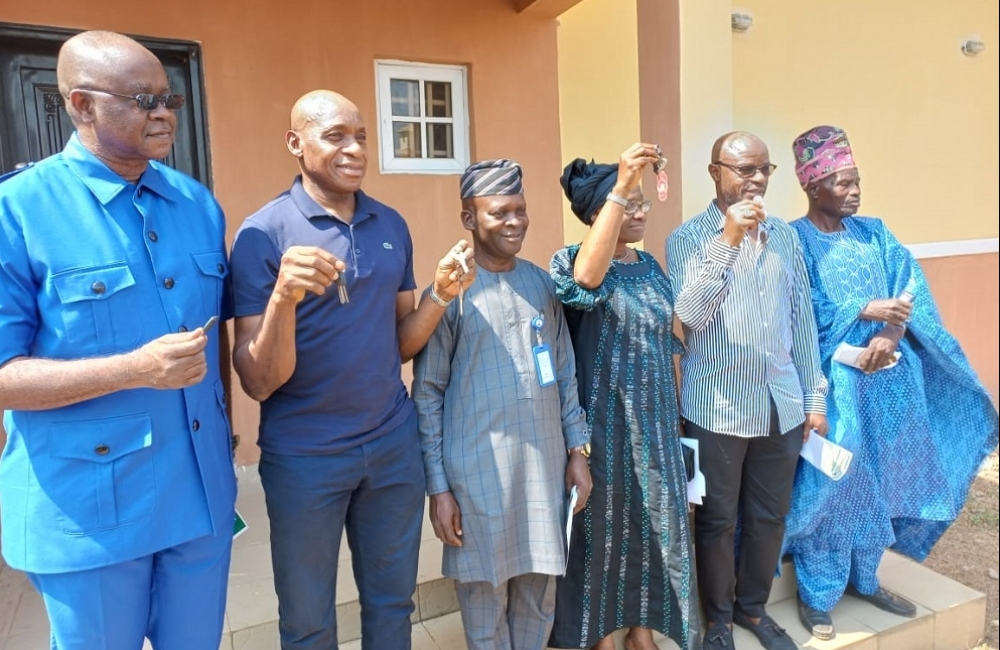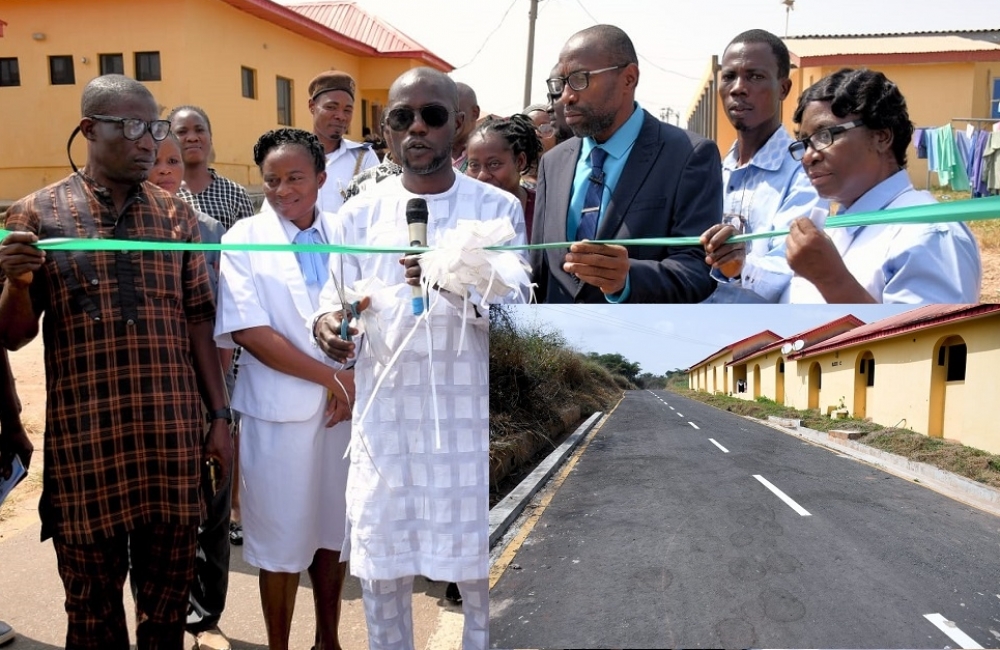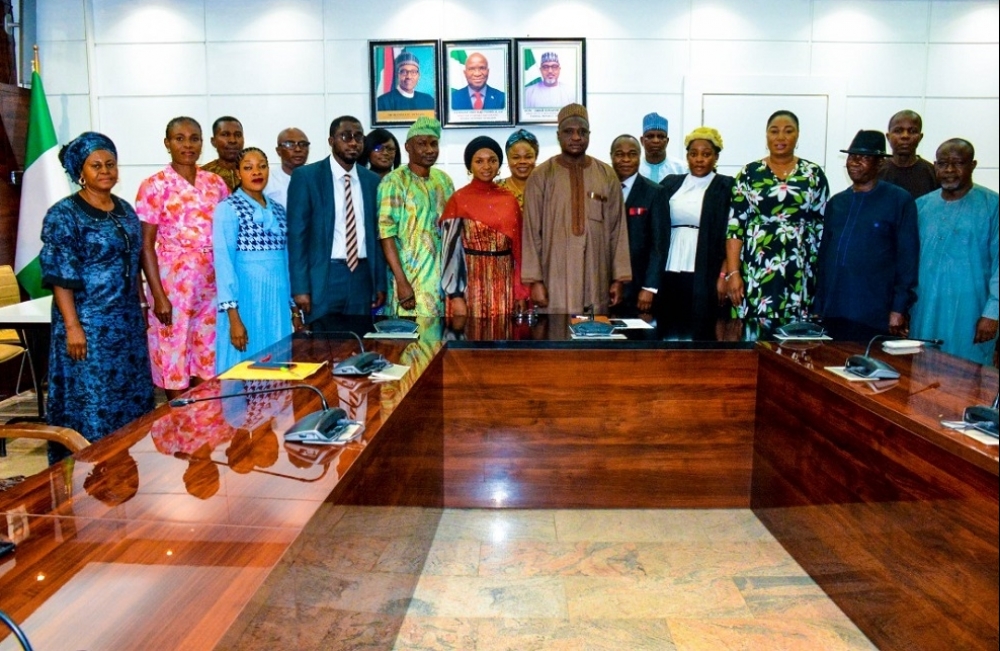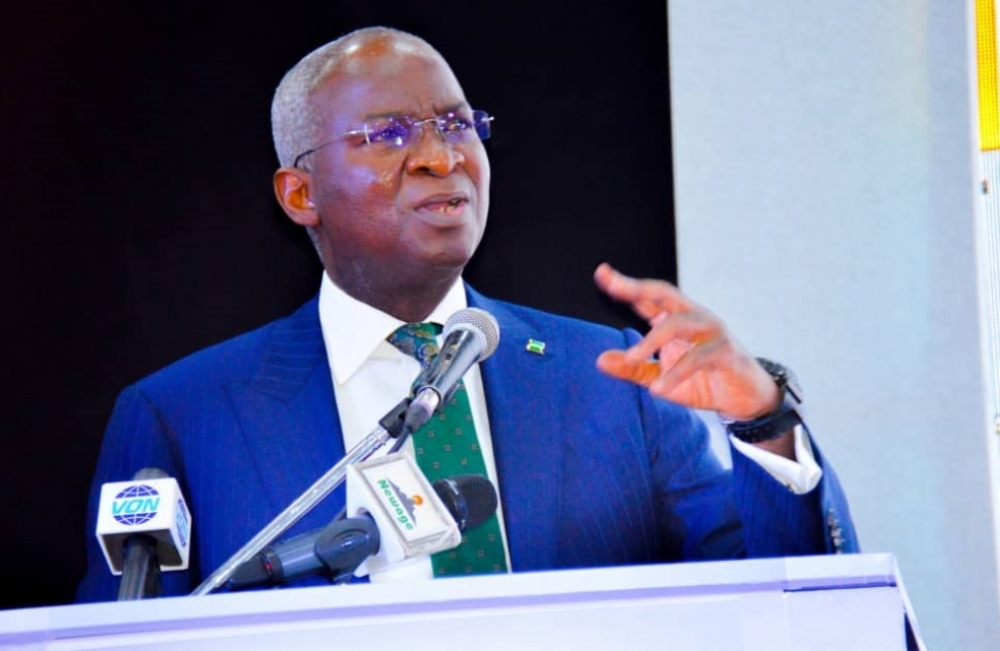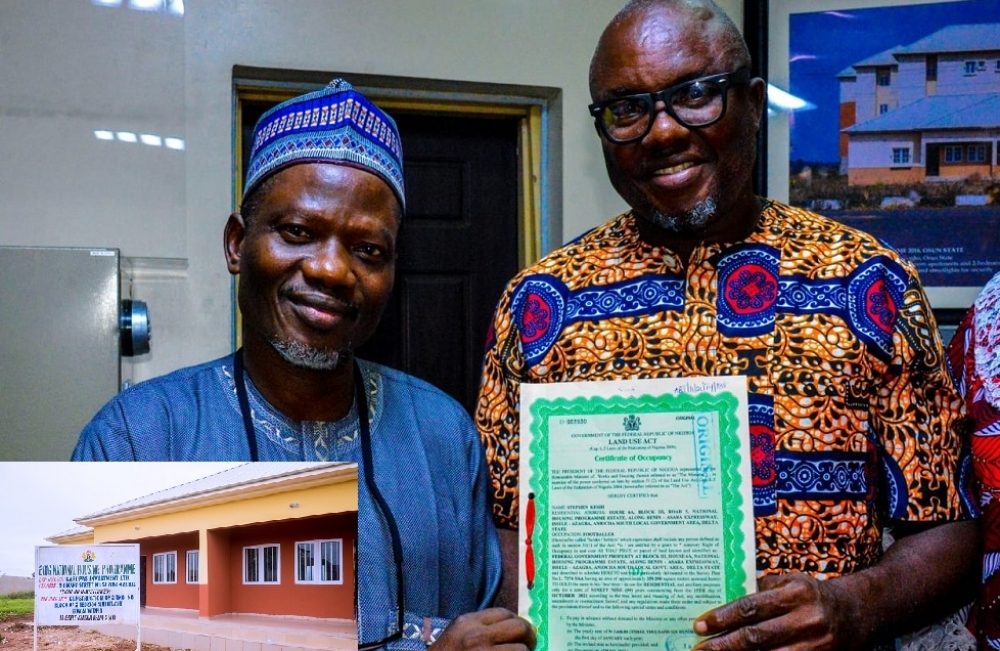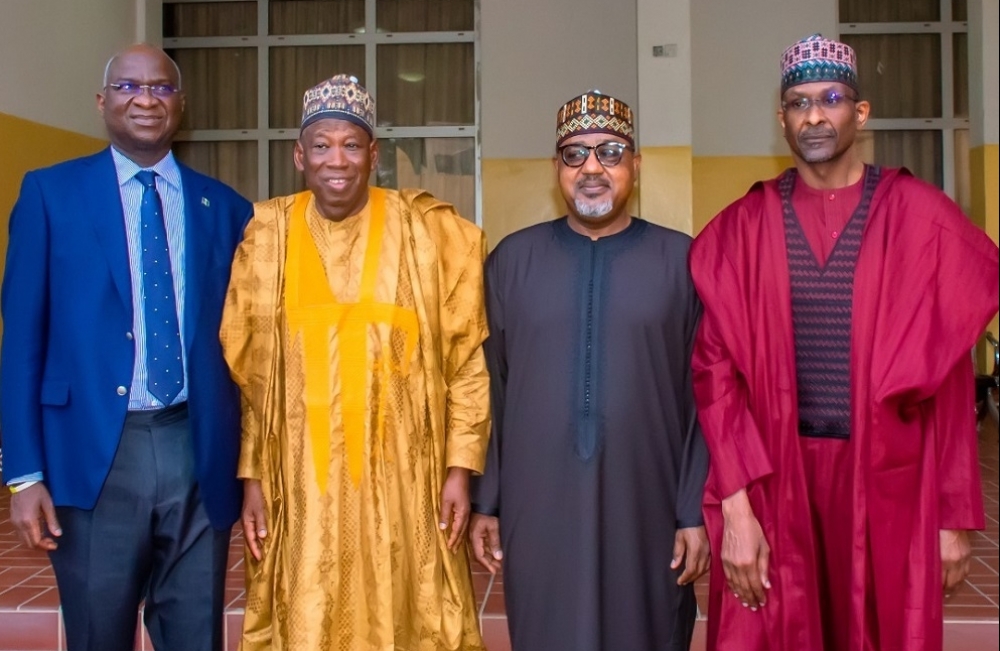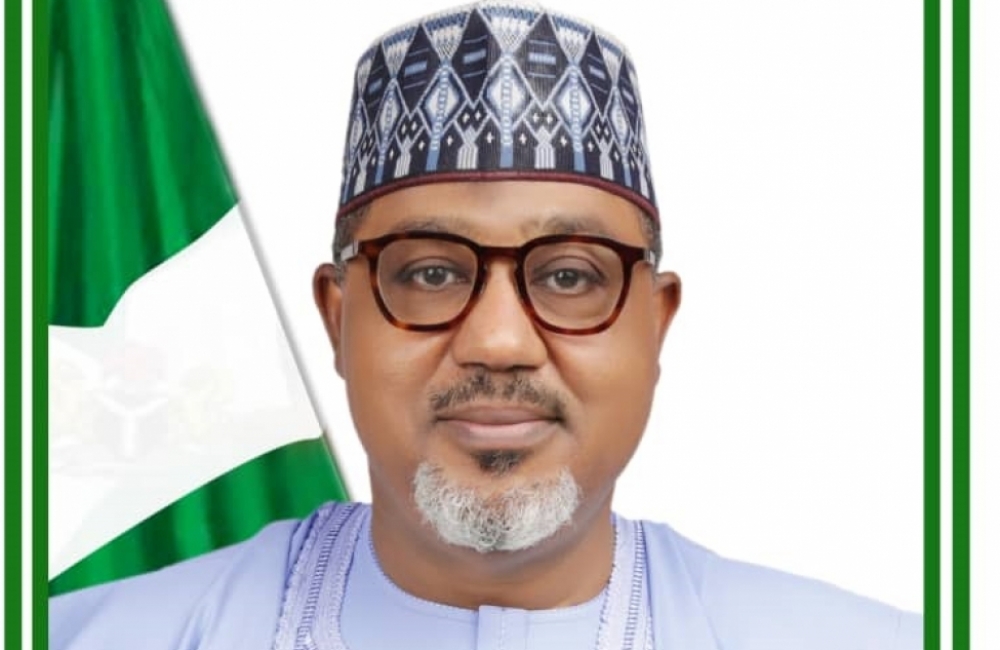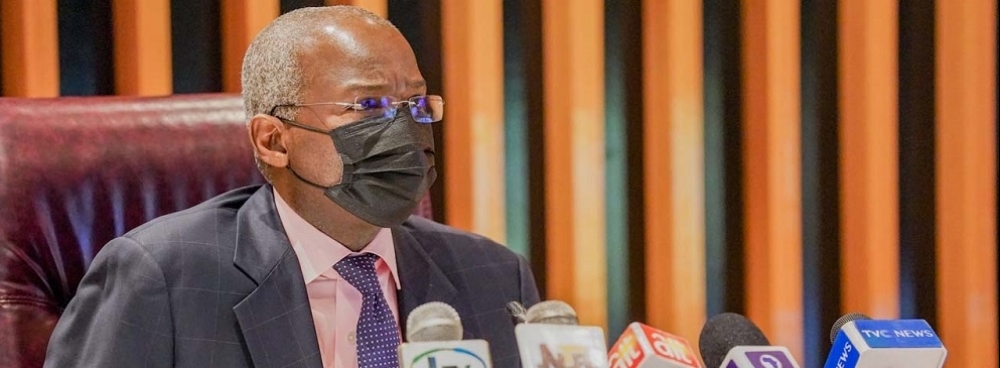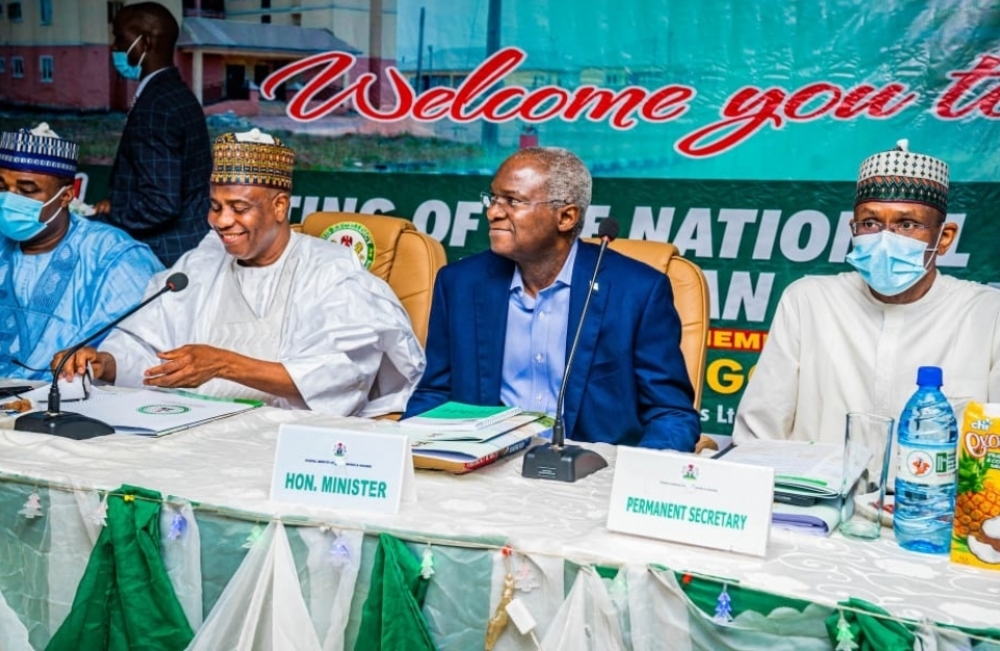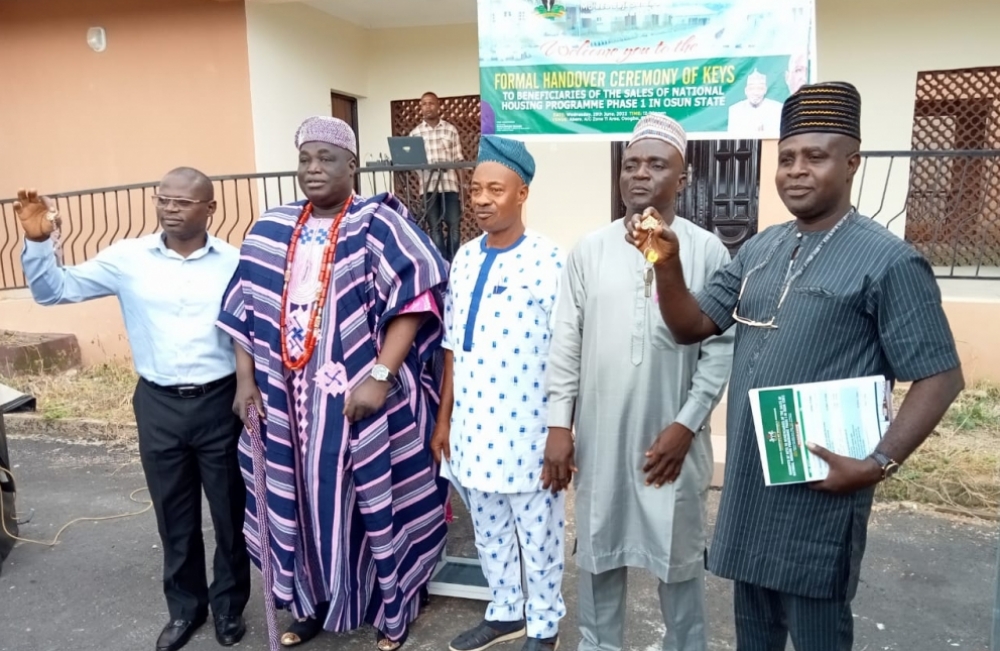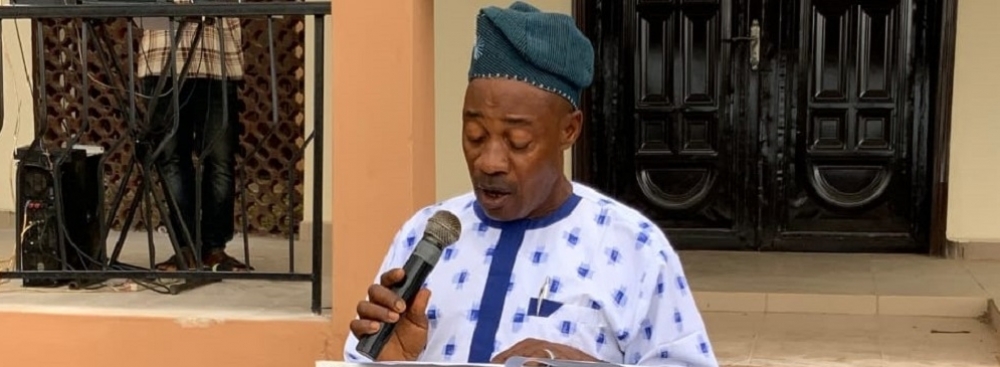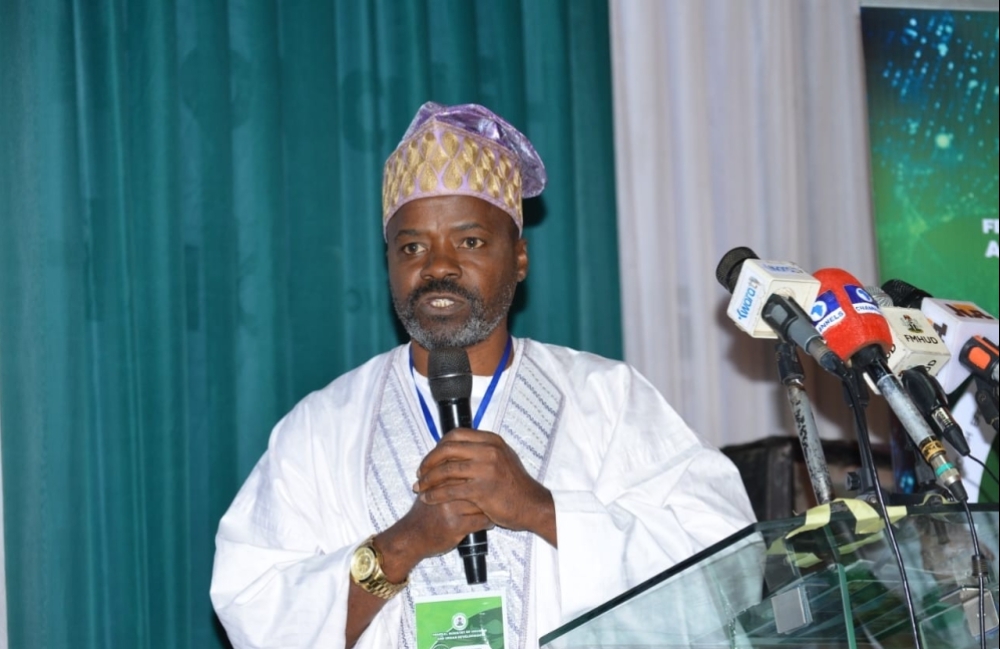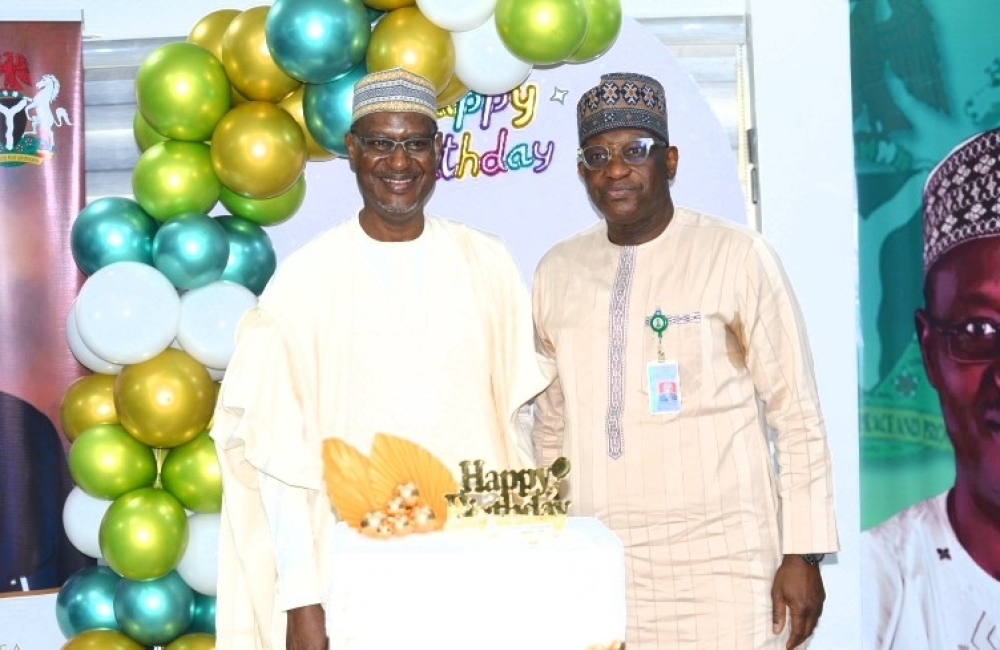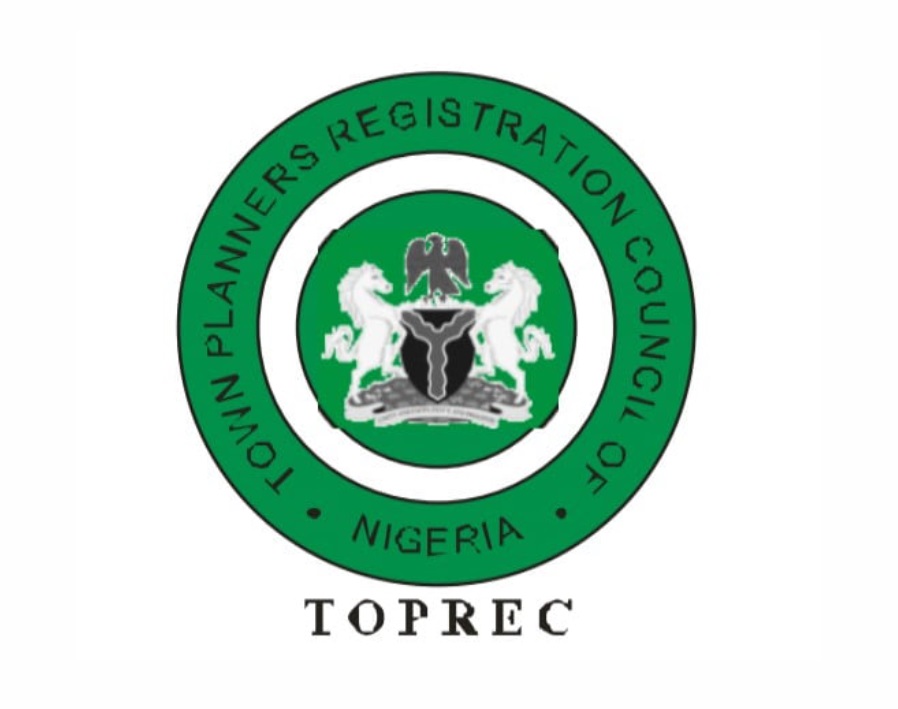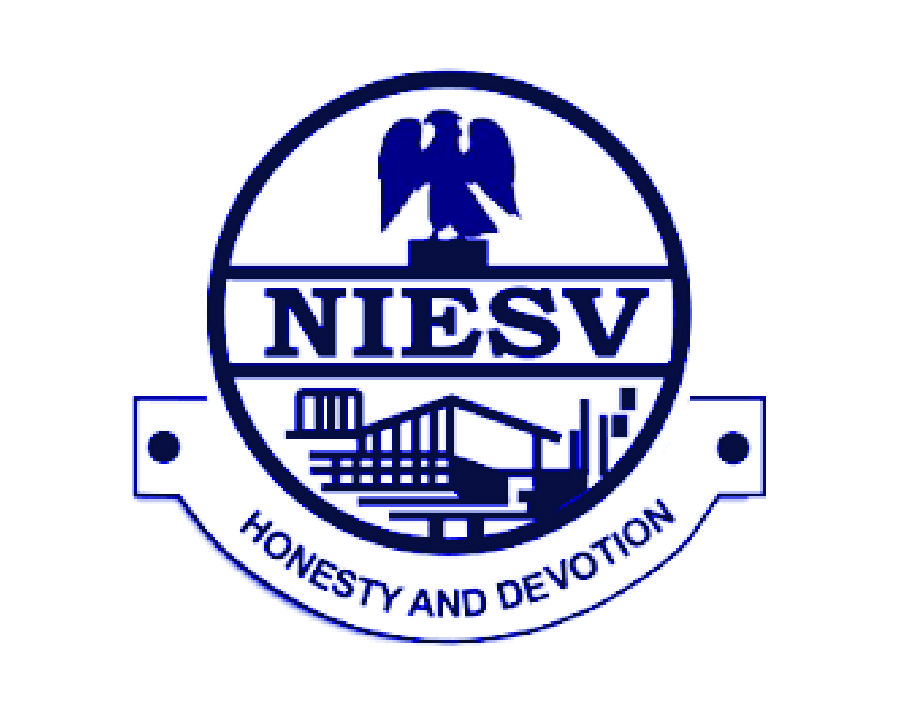“Leadership And Service To Humanity” Speech Delivered By Babatunde Raji Fashola, SAN At The 2022 Epiphany Azinge Foundation Lecture On 15th November 2022.
For those who may not know, Professor Azinge was my lecturer in the University of Benin, and he lectured me in the subject of Jurisprudence.
Permit me to express my sincere gratitude to my lecturer, Professor Epiphany Azinge, SAN for the great honour he does me by asking me to be the speaker at this year’s foundation lecture.
It would therefore have been a great honour to have been invited as a guest to this event.
Sir, you humble and honour me by this invitation to be a speaker today, may honour, never depart from your person, family, or homestead.
Let me also use this opportunity on behalf of myself, and all my colleagues, whose young minds you so carefully and diligently moulded, a little over 3 (THREE) decades ago and the many that have come after us, express our heartfelt congratulations to you on the occasion of your birthday anniversary celebrations and wish you many more years of life in very good health.
That said, sir, I think you have set me a task, much more difficult than your jurisprudence tests and examinations back then, by asking me to speak about “LEADERSHIP AND SERVICE TO HUMANITY.”
The subject of leadership has become the Holy Grail of the human civilization, with a global population that is racing towards 8 billion people, increasingly searching for leadership, in our private and public spheres, from homes, to businesses, and of course Government.
The very rare iconic models that our civilization has been blessed with have become like light houses on a hill to guide our journey through life.
It is not surprising, therefore, that leadership has been, not just a much spoken about subject, but a much written about, much studied and much tutored subject.
Perhaps the place to start is to ask the question why the human civilization has the need for leaders and seeks leaders. It seems to me that the answer lies in the way we have evolved.
From time immemorial, when our ancestors were foragers and roamed the earth on an individual basis, or in very small groups, this need for leadership was either totally unnecessary, or certainly in much less need.
However, as the human civilization began to form communities, build villages, towns and cities, it seemed the need for leadership began to naturally evolve to meet the demands or needs of clusters of people living together as distinct from living alone, or in isolation.
Issues about how to produce and allocate resources like food, secure the community or provide for groups have by necessity thrown up the demand for leadership.
Therefore, at the heart of leadership lie two intrinsic qualities; responsibility and service.
In other words, in the search for leadership, we are inherently, looking for who will act take responsibility on our behalf, or conversely, who will provide for us.
This, perhaps explains why, in ancient times the ones that led were often the strongest, who could protect the rest from aggression, secure their territory and fight for them.
And so, was born, perhaps the first set of leaders, warriors, who evolved into the military as our civilization evolved. It is not an accident to see that some of the greatest leaders were those who fought on behalf of their people.
In those times, survival was a matter of pre-eminence, and those who fought to protect people were rendering a most invaluable service to the human race.
As the human population multiplied, and our civilization became more sophisticated, so did our needs, so did the quality of leadership evolve.
In today’s world, we see the stark evidence of decreasing need for leadership of brawn and force, and the increasing need for leadership of skills and values.
This is not surprising. Our survival needs are still high, but there are less wars to fight, and more people to feed, epidemics and pandemics to combat, as there are houses that need to be built, and inequality to be reduced.
Today’s leader must be the one who is able to invest his people with survival skills by providing the environment, the resources, and the training, rather than just going to battle to fight to protect them.
Yesterday’s leaders evolved from being warriors to inventors. They started from making tools.
Their inventions have created a civilization where life expectancy has significantly risen, and therefore there are more people to care for, because they’re living better, and longer, compared to a few thousand years ago.
Today’s leaders have the responsibility of providing the greatest good to the greatest number and, from the family to the government, one thing they share in common is responsibility.
Whether they identify it, and if they do, whether they accept it, and how they respond to it, is the ultimate defining character of the type of leader they become.
In effect, I hold the strong view that there is a leader in every one of us, and what matters most, is the fact that it thrusts responsibility upon us.
At the home front, the leader is the one who ensures that all the doors and windows are locked at night. He identifies and accepts responsibility for the safety of all in those in the house.
The leader is the one who ensures that there is enough for everybody to eat, even those who are not at the dinner table, although he may not be the one who pays for the food.
The leader is the one who holds himself or herself out to take charge; in effect saying, I am responsible.
In order to dimension how impactful leadership has been for providing service to our humanity I invite us to cast our minds back to a few hundred years ago, when we were certainly not here, but a time about which we have read in history.
It is well documented that the life expectancy was no more than 20 to 35 years, and people died largely due to disease and infections shortly after having their first or second child.
This, perhaps was a “good life” for those who lived it, but it was unacceptable for some people.
They took responsibility, push the frontiers of knowledge and demonstrated the utility of water and sanitation as bastions of good health and improved life expectancy.
We inherited the benefit of the great works, but we must never take it for granted.
Every day we live is owed in large part to their leadership and their service to our humanity.
Many of them did not have titles, but were driven by the desire and responsibility to make life better.
So, when you take painkillers today to relieve pain, please remember that there was a time when people lived with pain without relief, except death, and please honour the memory of those who gave us a life where pain can be managed.
When you struggle to read today and simply reach for a pair of reading glasses, and everything becomes visible, please imagine how difficult life can be without sight, or how difficult life is with impaired sight and honour the memory of the leaders who gave this service to our humanity.
There are many more leaders of the type I speak about. They don’t hold titles or offices, but continue to render service to our civilization by accepting responsibility to lead.
The tribe of these type of leaders remain with us, and their impact was mostly visible during the recent outbreak of the COVID-19 pandemic.
They exist in every country and every village.
Whilst we panicked, they offered words of assurance, to manage our anxiety they went to work, and in a most impressive time, they produced vaccines, organized the distribution, and today, life, as we know it, is largely restored on the health front.
But their work is not done, the pandemic has left severe adverse economic consequences worldwide that these leaders are grappling with.
As we gather here today, let us remember the months of April and May 2020 when we were not only under lockdown, we saw hundreds of thousands of people buried day after day.
Let us honour the leaders, whose service has made it possible for us to converge in large number again.
They fought on our behalf, an enemy that needed to be defeated with brains not brawn. And this is the increasingly needed leadership skill that our civilization demands.
How to harness and optimize existing resources, how to create resources that do not exist, and how to deploy them for optimal impact are some of the challenges that today’s leader must confront and overcome to render impactful service to the human civilization.
While the majority of persons who provide the leadership that has made our civilization and quality of life what it is today were not in government, there are also those who served in Government and we must not lose sight of their leadership, contributions, their service, and the impact on our lives, I will focus now on a few examples.
From a time that is situated in ancient history, and perhaps locations that are distant, let me make the season more contemporary, and bring the location closer to home.
About seven years ago, a journey of 127 km from Lagos to Ibadan, which should take just about 90 minutes, was a venture of trepidation. You were not sure if you set out at dawn whether you would get there before nightfall.
Between Enugu to Onitsha, a distance of 110 km, I was told you’re required to make forays into the bush with your vehicle to complete, in a whole day, a journey that should not exceed 90 minutes.
Every day and every Christmas season, the East-West crossing across the Niger was a difficult one to undertake to put it mildly, because the existing bridge capacity has been overwhelmed by vehicular, population and business growth beyond its envisaged capacity over six decades ago, and the new bridge, the 2nd Niger Bridge has remained a mirage.
Between the mainland of Bodo, and the Island of Bonny, which hosts Nigeria’s prolific gas resources in Rivers State, and which traverses the Opobo channel where the King Jaja famously ruled; there has never been a road crossing.
Everything required to sustain life on the Bonny Island travels by boats and canoes not only with the added cost and risk but at the mercy of the weather which has been reported to occasionally cut off the mainland from the island for days on end.
These are examples of the quality of life across sample areas of Nigeria. But the Muhammadu Buhari leadership at the time of dwindling resources and global economic difficulty is finding a way.
For the first time in human civilization, Bodo mainland will be connected to Bonny Island by a 39 km road and bridge project that is under construction. The Afa/Nanabie creek has been crossed by a bridge, Opobo channel is being bridged for the first time in human history and the project will finish in the third quarter of 2023.
While Lagos-Ibadan, Enugu-Onitsha, are still under construction there is a significant journey time improvement of about 2 hours and 1 hour 30 minutes respectively, from a whole day. These are significant human impacts.
The long-awaited 2nd Niger bridge is no longer a Mirage. The main bridge is completed. The remaining works left are the connecting roads from the Onitsha and Asaba ends.
A survey across 12 recently commissioned roads by the Federal Government of Nigeria totalling 896.187 km by interviewing drivers, commuters and people who use the road regularly, showed that their travel time on these roads have been reduced by 56.2%.
These are worthy impacts on our population by the leadership provided by the Government.
As far as the impact of leadership and service to humanity go, when the National Housing project of the Buhari administration was initiated across 35 states in 2016 it was meant to serve the generality of Nigerians and this is happening through the open website portal for applications.
However, it has done more than that. The promise of housing made to the successful 1994 Super Eagles team remained unredeemed until President Buhari approved the redemption of this 28-year-old pledge through the National Housing Program.
In my view, this is a most profound and impactful example of leadership and service to humanity.
From leaders without titles, to leaders and governments with titles, I invite us to quickly look at the role of leaders who have spawned institutions for the purpose of rendering service to humanity.
These are represented in the many foundations set up by those who understand their leadership role, who accept their responsibility and seek to do something about it.
Again, we do not need to go to any distant region to find notable examples. That work and the impact was made manifest under the aegis of CACOVID, the private sector aggregation of manpower and resources, convened to support the people and Government of Nigeria in providing leadership to navigate the challenges brought on by the pandemic of COVID-19.
We honour the service of these patriots. Our civilization is better, because they saved us.
While dealing with foundations, it would be remiss of me not to mention the Azinge Foundation, because it is their annual lecture series that has provided the platform to have this conversation. If you’ve been impacted by this conversation, this is Leadership by the foundation through Service.
The Epiphany Azinge Foundation, the brain child of the celebrant is a corporate vehicle for the expression of leadership through service.
Established in 2017, it is impacting humanity through the provision of grants to “high performing” individuals through what it describes as “an invitation only process.”
It becomes very revealing of the mindset of the founder and his vision for humanity when one scrutinizes one of the criteria which an applicant for a funding grant must fulfil.
It says : -
“…the application must have a significant and enduring practical impact on the lives of Nigerians and Africans amongst other conditions.”
I find this qualification of a “…significant and enduring practical impact on the lives of Nigerians” so profoundly typical of the person of Professor Epiphany Azinge, SAN. I call it the Azinge Standard.
This, perhaps, has been his most indelible leadership, contribution and service to humanity - creating a new generation of leaders.
This was done by the thousands of hours, spent in classrooms, teaching the next generation, moulding their minds and preparing them for the next set of challenges the nation will thrust upon them.
That is impactful, it is significant, it’s enduring and it is practical.
I am a product of that leadership of Professor Azinge through service. I was in his jurisprudence class in the 1986 to 1987 academic session in the University of Benin.
At the time nobody could see today, Professor Azinge prepared me for today along with his colleagues under the leadership of Professor Itse Sagay, SAN.
Perhaps to illustrate the significant, enduring and practical impact of teaching as Professor Azinge has done for most of his life, it is helpful to tell a story. Please indulge me.
In the 19th century, specifically 1897, it is documented that there was a British expedition in the ancient Benin kingdom leading to the removal of Oba Ovonramwen.
What is not well documented is the extent of the plundering and looting of the treasures of the kingdom by the British.
What they stole were not only treasures and priceless art, they were the identity of the people according to Chimamanda and I could not agree more.
When I look back at the vision behind the creation of the University of Benin and the number and quality of people in the leadership she has produced for Nigeria, I marvel at the farsightedness of the founders.
Nothing has been more surreal recently, than watching on television, my friend and brother, Charles Edosomwan, SAN the holder of the Benin title of Obasuyi, which means the Oba is worthy of honour, in the company of Lai Mohammed, representing Benin kingdom, and Nigeria to retrieve parts of our stolen identity from Europe.
Edosomwan is a graduate of the University of Benin Law Faculty, the first student to take the rank of Senior Advocate, and dare I say, a student of Professor Azinge, SAN, Professor Itse Sagay, SAN and many others.
The story and moral, if you have not connected it, is that the leadership training given by Professor Azinge and others, in building new leaders 3 (THREE) decades ago and beyond is having a significant, enduring and practical impact on the lives of Nigerians.
By way of a verdict therefore, I adjudge that Professor Azinge has met and surpassed his own Azinge Standard by working with others to train a generation of lawyers whose work has been impactful across diverse areas of Nigeria.
In the circumstances of our current political transition and the leadership and service conversation, it would be pertinent to speak about the choices of leadership that lie ahead of us as a people.
I do not make any apology for my partisanship, and I respect the partisanship dispositions of others; however, I do believe that there is room for objectivity, and it is to these objective parameters that I point our attention.
As we look towards making a choice between frontline and perhaps not too frontline candidates, I find an interesting parallel between some of the “frontline” candidates.
They were all elected as governors of different states, and have served eight years in the respective states, except one of them who was elevated to higher office.
It will seem logical, therefore, to look at what they have done in their states and elevated office that have had a national impact, and if you like, something that meets the Azinge (Foundation) standard for qualification for grants, i.e., something significant, enduring, practical, and impactful.
It seems to me that only one candidate, will meet the Azinge standard, when we look at the work of the frontline candidates as qualifications for choosing them in the next General elections.
This candidate championed the first ever state Government bond for infrastructure – many other states have since approached the capital market to raise funds after his pioneering leadership.
This candidate led the reform of the judiciary, investing in court rooms, judges’ welfare by innovative allowances, dispute resolution, mechanisms like multi door court houses and fast track court rules that have now been adopted not only by many states, but by the Federal Government.
The initiative to provide access to justice for the less privileged through the Office of the Public Defender has also resonated with the people and with other states.
This candidate, was the first to enact a state internal revenue service agency law to boost internal revenue generation, which many states have now adopted and applied.
This candidate also pioneered the reform of outdoor advertising through state legislation to create outdoor advertising. This has been replicated across many states.
The local security outfit, the Neighbourhood Watch and traffic control agency LASTMA that were inaugurated in his state have found ready acceptance and implementation in many states across Nigeria.
These are examples of his leadership, initiatives, and service records, which have impacted people beyond the state, they have been enduring, because they are being replicated, they have been impactful without any doubt.
I am sure that with the mention of Neighbourhood Watch and LASTMA, I have let the cat out of the bag. The candidate is Bola Ahmed Tinubu.
A national survey recently commissioned shows that 15 states have embraced LASAA the advertising and signage company pioneered by him in Lagos; 16 states have embraced and enacted laws to replicate LASTMA and 10 states have enacted laws to create their own Office of the Public Defender.
The enduring nature of these policies from their adoption; the impact evidenced by the number of states where they now apply, certainly more than meet the Azinge Standard of significant, enduring and impactful service.
Of course, I can say that the diversity of this adoption from Abia, Anambra, Enugu to Edo, Rivers and Ekiti, Oyo to Kogi, Kano, Nasarawa and Kwara to mention a few, trumps partisanship.
If we have embraced and adopted his ideas across the country, why are we hiding behind a finger? Let us give him the responsibility to do more by electing him.
As I promised to be objective, I urge you also to look and see whether any of the others with the same leadership and service opportunity, can point to such widely accepted and adopted embracement of their policies and programs.
If this happens, I can comfortably predict that we will have a most significant, enduring and impactful conversation about the choices open to us in the forthcoming elections.
This conversation will be a welcome departure from talk about personality, ethnicity or religion.
It will be a conversation about ideas that impacted lives and which can do so again in a significant and enduring way.
This conversation may lead us to choosing the right leaders for this time who will serve us according to the Azinge Standard.
Thank you for listening.


